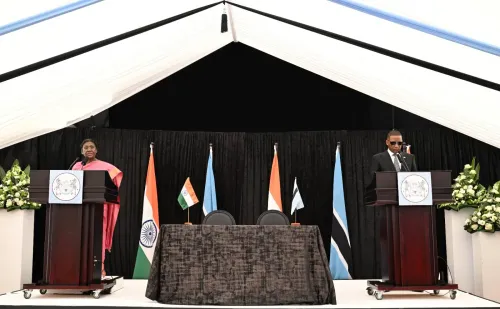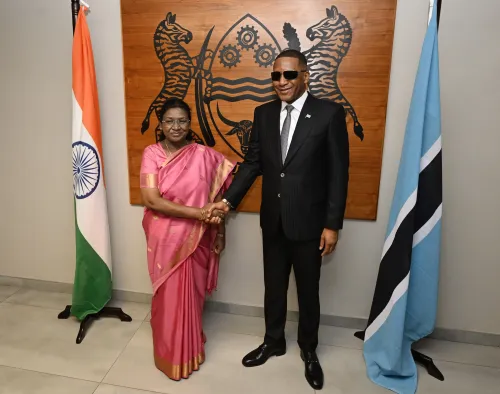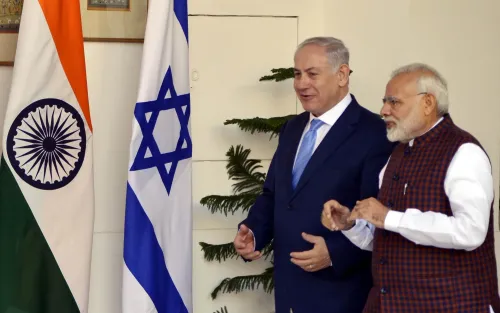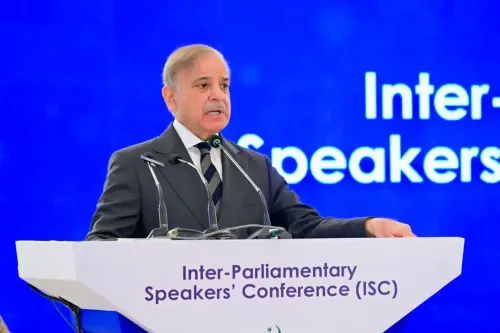How Are South Korean Presidential Candidates Honoring Victims of the 1980 Pro-Democracy Uprising?
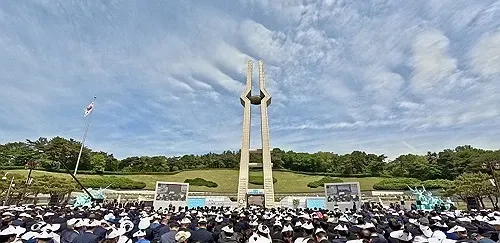
Synopsis
Key Takeaways
- Presidential candidates honored victims of the pro-democracy uprising in Gwangju.
- The uprising occurred on May 18, 1980, against military rule.
- Acting President Lee Ju-ho emphasized unity and respect for differences.
- The May 18 Foundation expressed regret over the lack of constitutional recognition.
- The annual ceremony was designated a memorial day in 1997.
Gwangju, May 18 (NationPress) Several presidential candidates paid tribute to the victims of the pro-democracy uprising in Gwangju on Sunday by visiting a cemetery where the protesters who lost their lives 45 years ago are interred.
Among the approximately 2,500 attendees were Democratic Party presidential candidate Lee Jae-myung, Lee Jun-seok of the minor New Reform Party, and Kwon Young-kook from the minor Justice Party, all participating in the ceremony at the May 18th National Cemetery.
On May 18, 1980, demonstrators, including students, rallied against the then-ruling military junta led by Chun Doo-hwan, who had seized power in a coup the previous year. The military's violent crackdown resulted in hundreds of fatalities, as reported by Yonhap news agency.
Acting President Lee Ju-ho remarked during the ceremony, "Moving forward by respecting others' differences and sharing their pain is the rightful way to honor Gwangju that May." He emphasized that the spirit of unity and solidarity displayed by the citizens of Gwangju 45 years ago remains a crucial lesson for today.
The ceremony included various performances honoring the activists who perished during the uprising, including Moon Jae-hak, who inspired a character in Nobel laureate Han Kang's novel Human Acts.
The event concluded with all attendees, including presidential candidates, acting President Lee, and National Assembly Speaker Woo Won-shik, singing the poignant song March for the Beloved, which symbolizes the pro-democracy movement.
Conversely, the May 18 Foundation, a civic group dedicated to commemorating the pro-democracy movement, expressed "strong regret" regarding Lee's address, noting a lack of mention of efforts to support the movement, such as incorporating the May 18 spirit into the Constitution.
The government has conducted a ceremony honoring the pro-democracy uprising annually since May 18 was designated as a memorial day in 1997.

